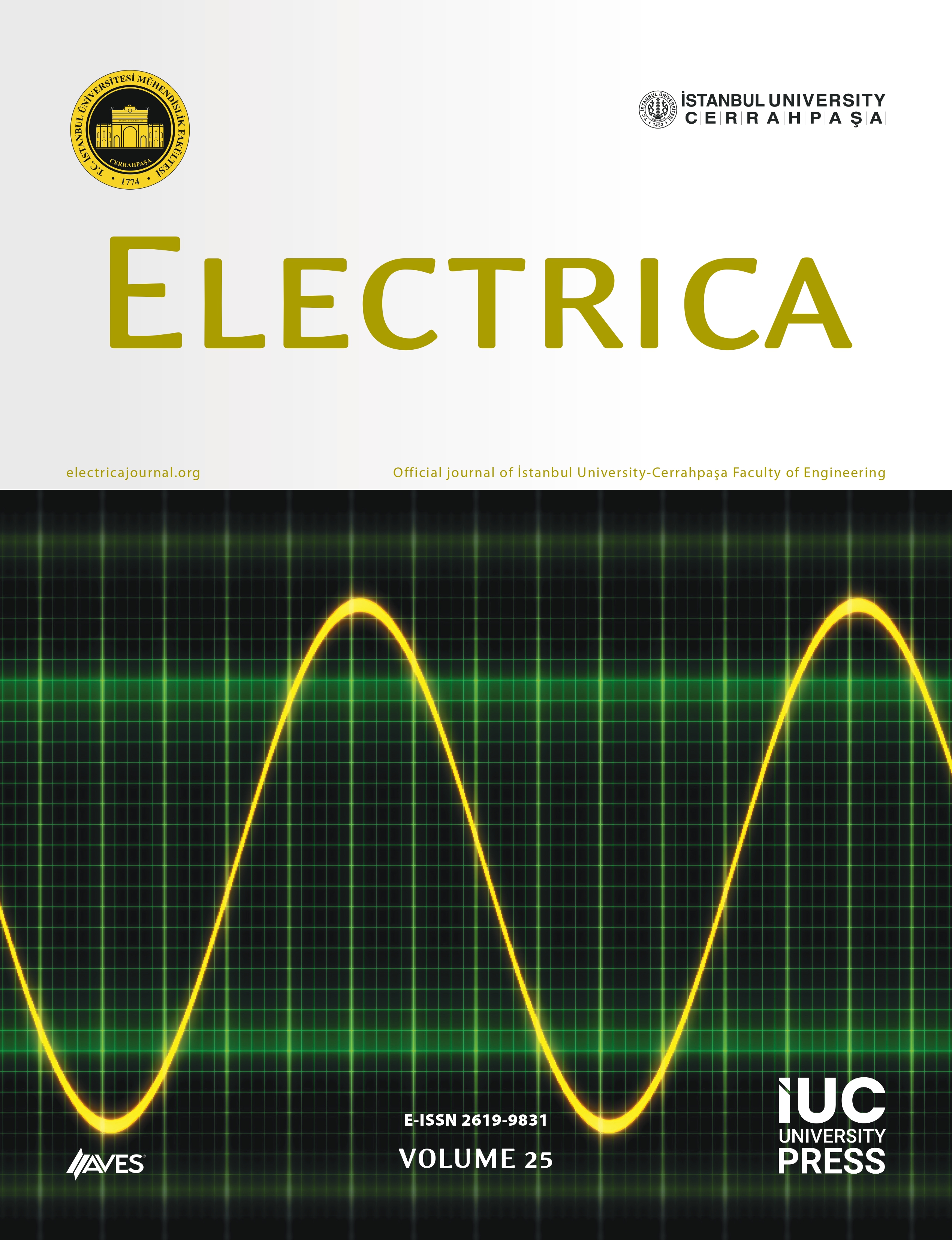The basic genetic optimal algorithm tracks the global maximum PowerPoint but needs to work on premature convergence and limited local search, hindering optimal solution guarantees. It prematurely settles on local maxima and needs a robust local search for complex spaces. Despite some global search capacity, its flaws constrain PV conversion system maximum PowerPoint tracking (MPPT) effectiveness. Researchers thus devised an enhanced multiple-group genetic optimal algorithm for MPPT, integrating subgroup division, independent evolution, and periodic communication/sharing to address these limitations. This strategy significantly enhances the diversity of the optimization algorithm, reducing the likelihood of premature convergence. The modified perturbation genetic algorithm (MPGA) integrates the perturbation observation method for cooperative control by introducing perturbations during the evolutionary process, thereby improving the local search capability of the optimization algorithm. While the enhanced multi-group genetic optimization algorithm effectively addresses issues such as early convergence and weak local search, its algorithmic process is relatively complex. The implementation of a multi-group cooperative control mechanism boosts algorithm performance but comes with an increased computational load. This research introduces a quantum genetic algorithm for MPPT control, employing qubit encoding to achieve high precision and efficiency. Experimental results demonstrate that in a parallel system incorporating a supercapacitor storage device (SCSD), the output current remains stable at 8.6A, the output voltage reaches 29.4095V at the 6-second mark, and the power output per unit is 252.9217W, resulting in a total power of 767.8434W with a minor 2.31% decrease. Ultracapacitors effectively stabilize the power output, highlighting their essential role in SCSD components.
Cite this article as: F. Bai and R. Qiao, "Maximum PowerPoint tracking strategy of photovoltaic system based on genetic algorithm and particle swarm optimization," Electrica, 25, 0139, 2025. doi: 10.5152/electrica.2025.24139.



.png)

.png)